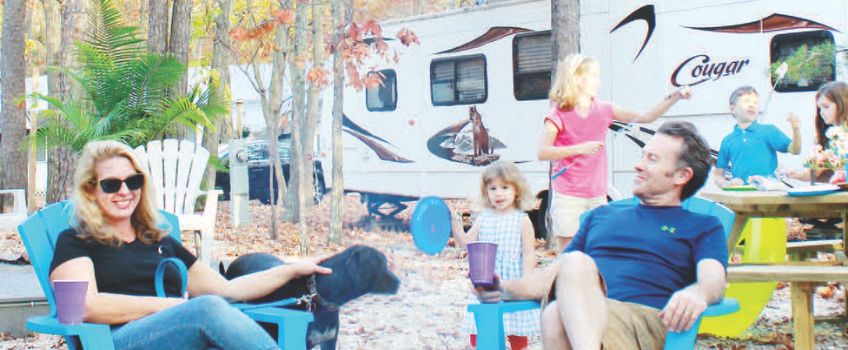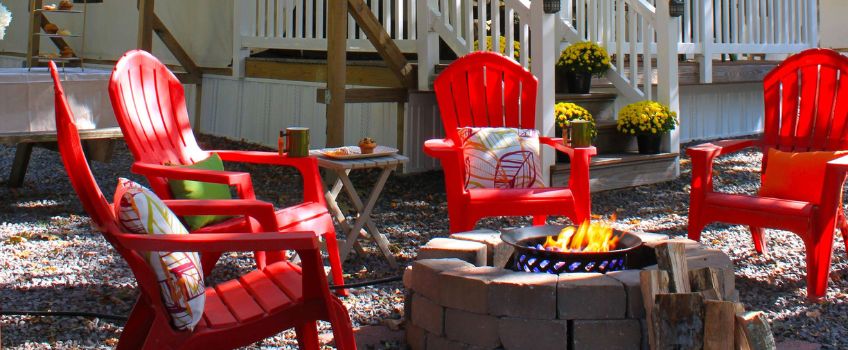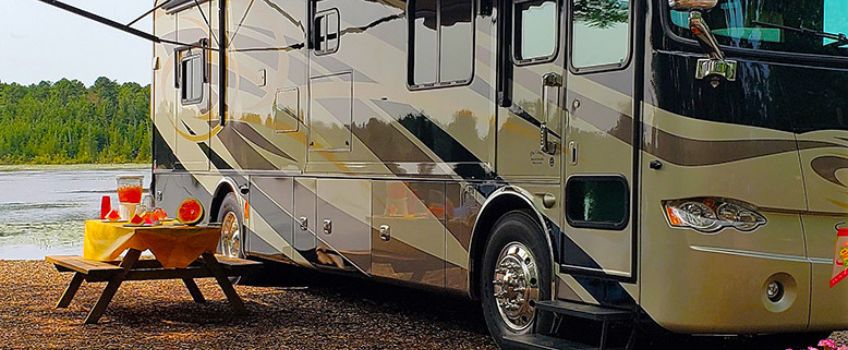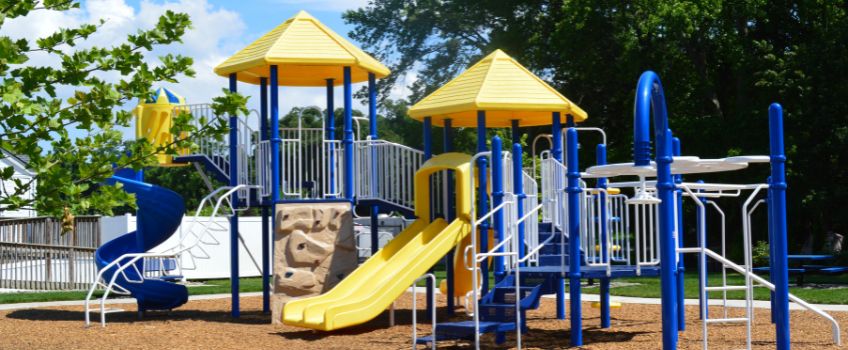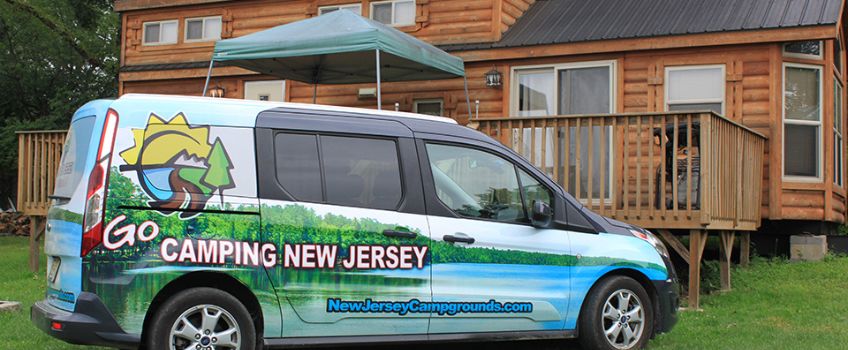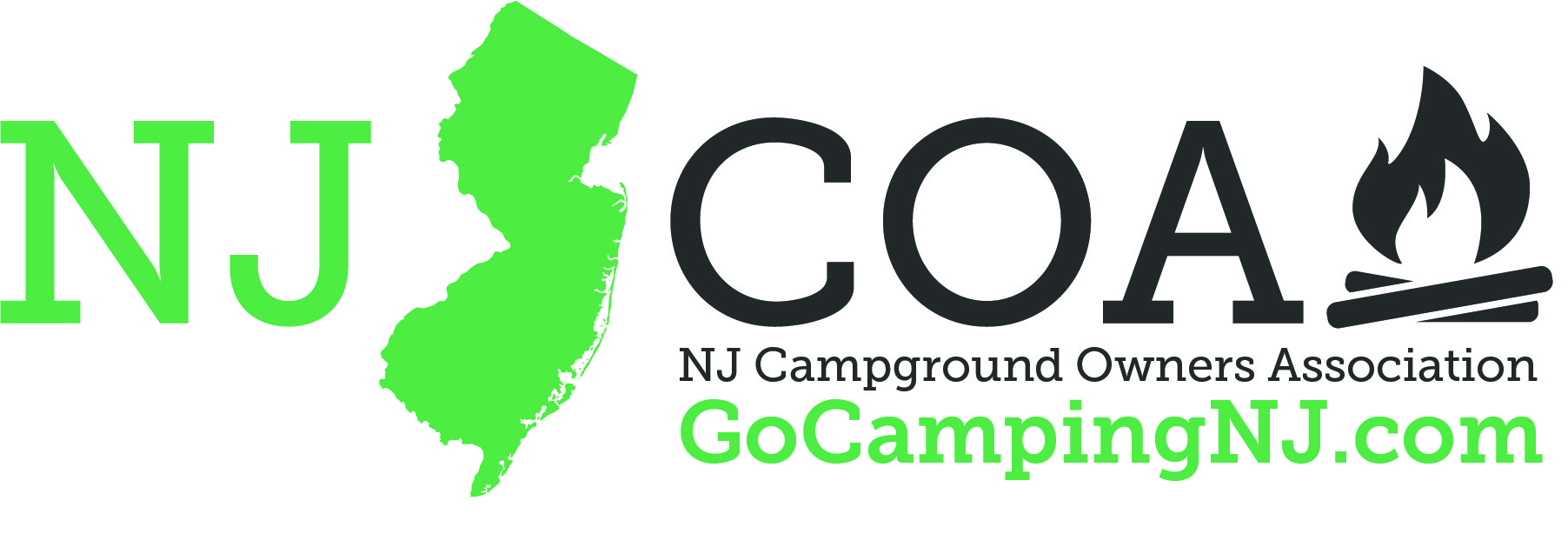New Jersey’s Outdoor Hospitality Industry Reacts and Adapts to Economic Challenges
By Joann DelVescio, Executive Director, New Jersey Campground Owners Association
The New Jersey Campground Owners Association (NJCOA) and its member campgrounds belong to a segment of tourism called the outdoor hospitality industry.
New Jersey is a hidden gem for camping enthusiasts who like to immerse themselves in the outdoors. Nestled between major metropolitan areas, New Jersey campgrounds boast a diverse and picturesque landscape that caters to a wide range of outdoor camping enthusiasts and is essentially a drive-in market with towable and drivable camping units ranging in price from $10,000 to over $1 million.
Joann DelVescio
Executive Director, New Jersey Campground Owners Association
From hiking to stargazing, from surf to turf, every camping moment in the Garden State is a chance for an unforgettable experience. You can stay at a variety of campgrounds from the northern edge to the southern tip, with the best in tent camping, campsites, RV hook-ups, cabins and other unique rentals such as safari tents, teepees and covered wagons. A New Jersey camping adventure can include swimming and paddling overlooking the mountains, hiking under pine trees, and playtime on iconic coastal boardwalks.
There are over 90 privately owned campgrounds in New Jersey offering more than 15,000 campsites across the state. Campgrounds range from 56 sites to over 1,100 sites. These campgrounds attract thousands of visitors each year and there are campgrounds in 14 of the 21 counties in New Jersey.
The privately owned camping industry in New Jersey plays a significant role in the state's economy. Privately owned campgrounds and RV parks, in fact are a critical piece of New Jersey’s lodging infrastructure.
The camping industry also creates jobs for local residents, such as campground staff and employees at nearby businesses that cater to campers. Additionally, the camping industry generates tax revenue for the state and local governments through sales taxes, property taxes and other fees.
Visitors contribute to the local economy by spending money on accommodations, food, supplies and recreational activities, not only in the campgrounds but in the surrounding communities, as well.
Consumers are showing a growing interest in cabins, glamping and campgrounds with full amenities. Younger consumers, particularly those from urban areas, are seeking convenience, local culture and nature — without giving up comfort. New Jersey campgrounds are adapting to these new requests. The New Jersey campground industry continues to provide unique products, services and experiences.
The new generation of campers places a strong emphasis on wellness, mental health and pet-friendly experiences. Nearly half of Gen Z campers use camping as a way to support their mental well-being.
Pets are also central to the camping experience: more than half of millennial and Gen Z campers bring their dogs along and New Jersey campgrounds welcome their furry friends.
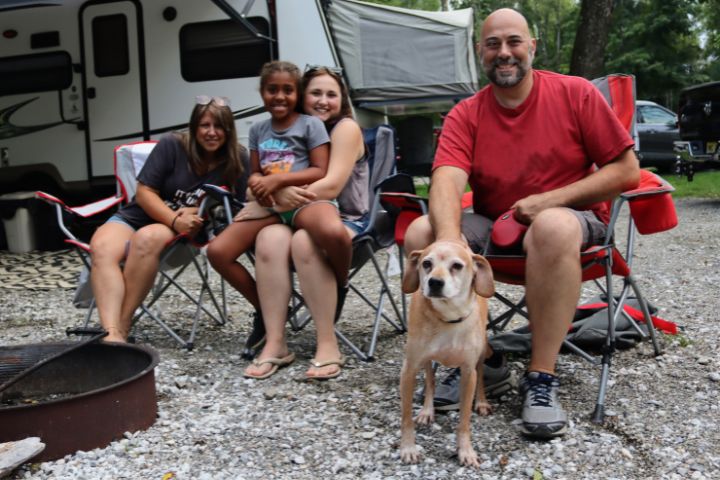
Camping in New Jersey is also a generational trend with multiple generations of families gathering. Camp life strengthens family ties and is a great way to spend time with children and grandchildren.
Some of the favorite activities’ campers in New Jerey report taking part in are visiting wineries, breweries, distilleries, farm-to-table experiences, beaches and boardwalks as well as historical sites.
While New Jersey’s outdoor hospitality sector has experienced the effects of tariffs through shifts in visitation patterns, increased costs for infrastructure and amenities, and rising prices for RVs, enthusiasm for camping throughout the state continues to be robust. The current economic climate of key international travel markets for our campgrounds has made this year an interesting challenge for our small business operators.
Conversations with both campground owners and Canadian travelers on the subject of camping in the U.S. show the impact. Mostly, our Canadian neighbors are saying "sorry, but we’ll see you in a few years," and New Jersey Campground Owners Association members along the shore report their Canadian customers have been canceling reservations. One Cape May County campground reported Canadian business down almost 50 percent, pressuring shoulder-season occupancy for parks that historically draw from Canada. Some cancellations are from visitors that have camped at a specific campground for years. This isn’t just a loss for the campground operators but their local businesses as well, like restaurants, amusement parks and grocery stores.
This isn’t just a loss for the campground operators, but their local businesses as well, like restaurants, amusement parks, and grocery stores.”
Not all New Jersey vacation regions are feeling that Canadian loss as acutely as the shore regions, as they’re not as reliant on the international market. At the recent Jersey Shorecast panel, hosted by the Lloyd D. Levenson Institute of Gaming, Hospitality and Tourism at Stockton University, panelists generally agreed that many New Jersey shore businesses (including campground operators) reported economic uncertainty yet expected modest gains by leaning into regional drive markets and events to offset higher costs and fewer international guests.
Although this year has been unpredictable for our international campers, NJCOA continues to market to our neighbors to the north and around the world as we prepare for the World Cup finals in New Jersey in 2026 and for the 250th celebration.
Thankfully, our domestic demand remains supportive for campsites and cabins, as campground owners continue to reinvent themselves to attract this evolving market.
New Jersey campgrounds serve travelers seeking everything from rustic, back-to-nature camping experiences to luxury, fully equipped outdoor stays with a variety of on-site amenities like swimming pools, event spaces, glamping tents, dining facilities and playgrounds, activities and special events.
At a campground in New Jersey, you can be as connected or disconnected from technology as you want. All campgrounds offer Wi-Fi so if work is also a part of the camping trip, campgrounds can accommodate folks who are working remotely.
The bottom line for the New Jersey 2025 camping season and its outdoor hospitality industry is that costs are up for both business operators and consumers. What started off as a rainy spring season, then became a very hot summer, yet campgrounds have reported a solid year. Fall camping is looking very strong with advance reservations.
So, from the windswept shores of the Atlantic to the quiet majesty of the Pine Barrens, NJCOA campgrounds offer more than just a place to pitch a tent or park an RV. They offer a sanctuary. New Jersey’s camping industry is ready to weather the storm and emerge stronger, continuing to provide unforgettable outdoor experiences for families, adventurers and nature lovers alike.
For more information about the New Jersey Campground Owners Association (NJCOA) visit www.gocampingnj.com, or follow New Jersey Campgrounds on Facebook and Instagram - @NJCampgrounds.
About NJCOA
NJCOA hosts the annual Campground Conference & Trade Show, slated for March 2-4, 2026 in Lake Buena Vista, Florida.

